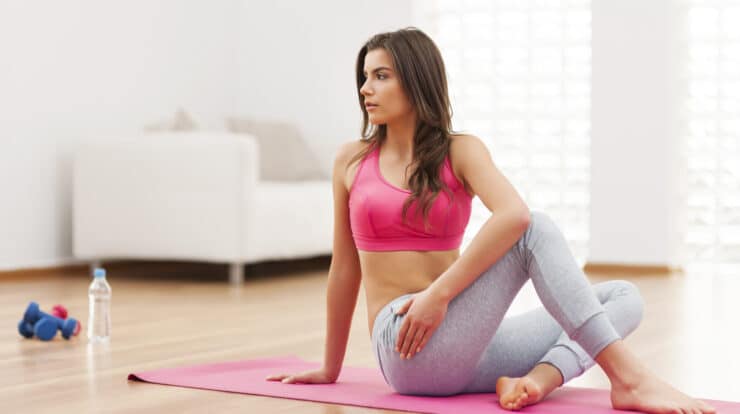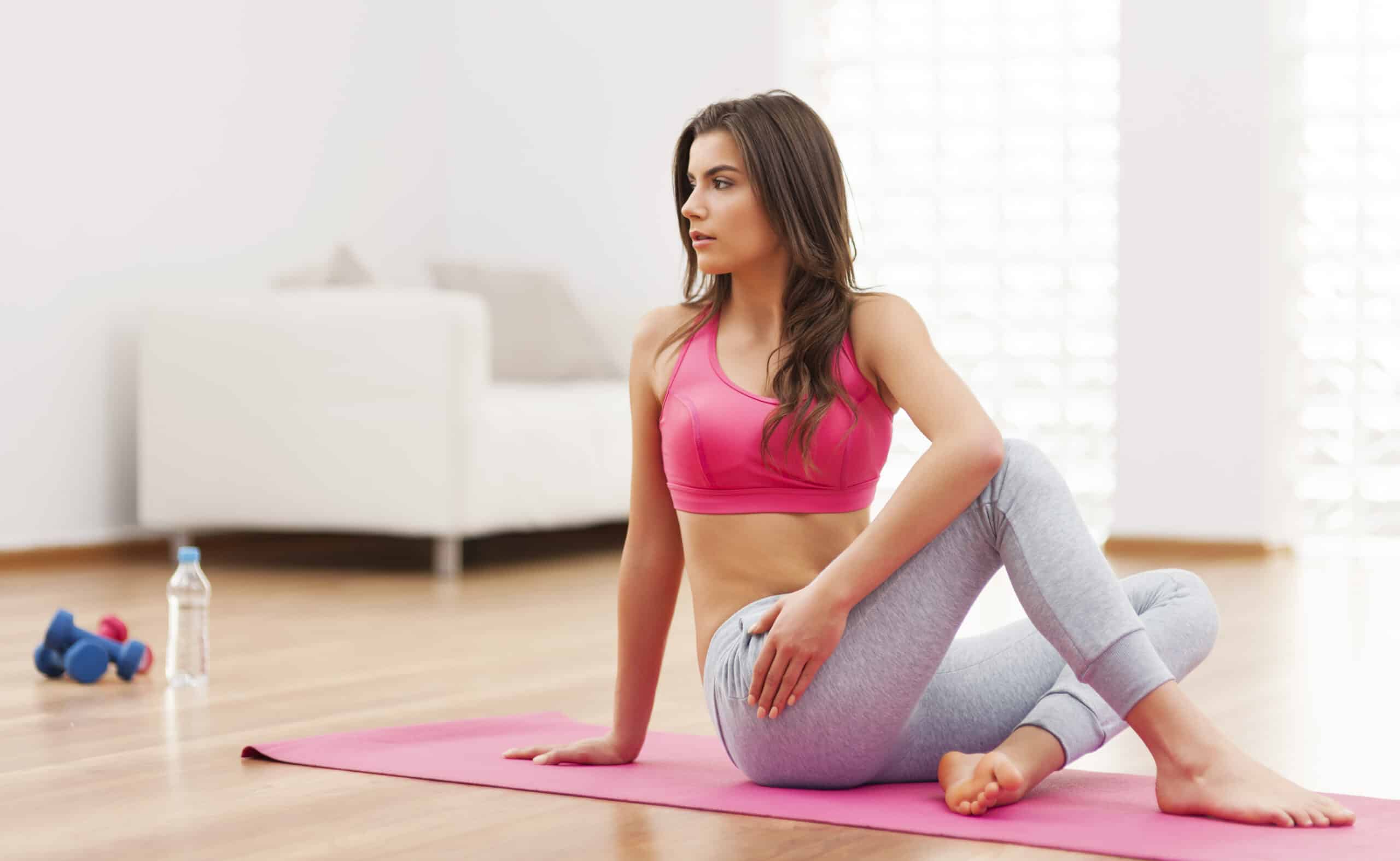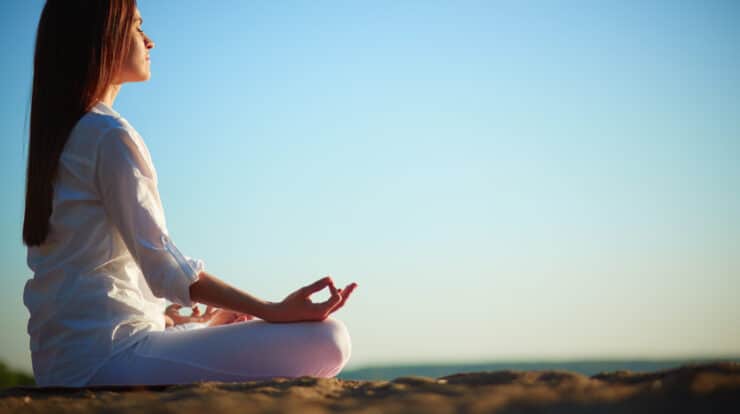
Mindfulness is a practice that involves being fully present and engaged in the current moment without judgment or distraction. It entails paying attention to your thoughts, feelings, bodily sensations as well as surroundings with an open mindset and heart. As more people discover its benefits over time; practicing mindfulness has become increasingly popular across different cultures globally. In this article we will explore what constitutes mindfulness; why it’s beneficial for personal growth; how one can start incorporating it into their daily routine; along with common misconceptions about this spiritual practice.
Mindfulness – What It Is
Mindfulness is often described as “paying attention on purpose.” This practice involves more than just focusing on something specific; it also requires cultivating awareness of oneself and their surroundings. To achieve this goal, various techniques are used such as meditation, breathwork, body scans or movement exercises which help individuals develop greater self-awareness while reducing stress levels along with improving focus capabilities whilst enhancing emotional regulation leading to an overall increase in wellbeing. By adopting these practices regularly into daily routines one can experience significant benefits for both physical & mental health.

Mindfulness – The Benefits of Practicing
Regularly practicing mindfulness can bring about numerous benefits. Here are some examples:
Mindfulness offers a valuable tool for managing stress and anxiety. By learning to observe your thoughts without judgment you can create space between yourself and negative emotions allowing for more thoughtful responses rather than impulsive reactions. This practice helps reduce feelings of overwhelm that often accompany these experiences. With regular use mindfulness becomes an effective coping mechanism in times when we need it most.
Mindfulness practice has been shown to enhance ones ability for concentration and focus. This can be particularly beneficial if you struggle with ADHD or other attention deficit disorders. By incorporating regular mindfulness into your routine, you may experience improved cognitive functioning over time.
Mindfulness offers a valuable tool for managing emotions by enabling individuals to recognize their feelings and then release them. This approach helps people respond effectively during challenging situations rather than getting bogged down in negative thoughts or behaviors. With practice this skill can lead to greater resilience and overall well being.
Improving Your Sleep with Mindfulness – Stress and anxiety can negatively impact our ability to fall asleep quickly or experience restorative slumber. Fortunately mindfulness practices have been shown to alleviate these issues by promoting relaxation while reducing stress levels. By incorporating this approach into your daily routine you may find yourself drifting off faster than ever before! So why not give it a try? With so much at stake when it comes to getting quality sleep its worth exploring all options available for achieving optimal results.
Mindfulness practice helps build resilience against life’s challenges. It enables individuals to confront difficulties head on and develop effective coping mechanisms. By embracing this approach one can become more equipped in handling stressors with ease.
Beginning a Mindfulness Practice
Mindfulness practice can be a simple and effective way to improve your mental health. Here are some straightforward tips for getting started:
Incorporating daily practice into your routine can have a significant impact on improving skills over time. Even just ten minutes per day will yield results if you stick with it consistently. Determine what works best for you and make sure to prioritize this important activity in your schedule every single day without fail! The rewards of consistent effort are well worth the investment.
To ensure optimal productivity when working from home its essential to find a quiet space that is free of distractions. This may involve using earplugs or playing white noise if necessary. Take the time to carefully consider your surroundings before settling in for work. Your focus will thank you later!
To practice mindfulness you don’t need any special equipment. Simply find a comfortable position with good posture and keep both feet on the ground – whether that means sitting cross legged or in a chair. Remember this is all about finding what works best for your body so experiment until you find something that feels right. With these simple steps anyone can begin their journey towards greater mental clarity and peace of mind through mindfulness meditation.
To bring attention to your breathing practice noticing the sensation of air moving in and out through either nostrils or chest. Don’t attempt any control over this process; simply observe it without interference. This exercise can help you cultivate mindfulness while also promoting relaxation.
Mindfulness requires practice and patience. Whenever your thoughts wander away from the present moment, gently bring them back to focus on your breathing rhythm. Don’t allow negative emotions like frustration or self criticism cloud your judgment; instead keep returning to this moment with openness and acceptance. This is how we cultivate mindful awareness over time – one step at a time!
Mindfulness – Common Misunderstandings
Mindfulness has gained popularity in recent times but still faces several myths and misunderstandings. This article highlights three common ones:
Mindfulness is often associated with hippies or spiritual seekers but its not limited to them. This practice has roots in Buddhism and other Eastern traditions yet it can be practiced by anyone regardless of their belief system. So don’t let misconceptions hold you back from experiencing the benefits of mindfulness!
Mindfulness is often misunderstood as suppressing ones thoughts and emotions – this couldn’t be further from the truth! In reality mindfulness encourages us to observe our inner experiences without trying to alter them. By doing so we can gain valuable insight into ourselves while also developing greater empathy for others around us. Don’t let misconceptions about what it means hold you back; try practicing mindfulness today!
Mindfulness has become increasingly popular in recent years as more people seek ways to reduce stress and improve their overall wellbeing. However some may feel that incorporating this practice into daily life could be challenging due to time constraints or other commitments. The truth is though – even just a few minutes per day can make all the difference! And once you experience firsthand how beneficial regular mindfulness sessions are for your mental health and productivity levels? You’ll likely want to devote even more of your schedule towards it over time. with no pressure from anyone else but yourself. So why not give it a try today?
Mindfulness is a potent means of enhancing your physical, mental and emotional wellbeing. Regardless if you’re just starting out or looking to deepen an existing practice we hope these tips and insights will prove useful in getting started on this journey towards self improvement.




